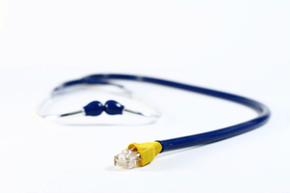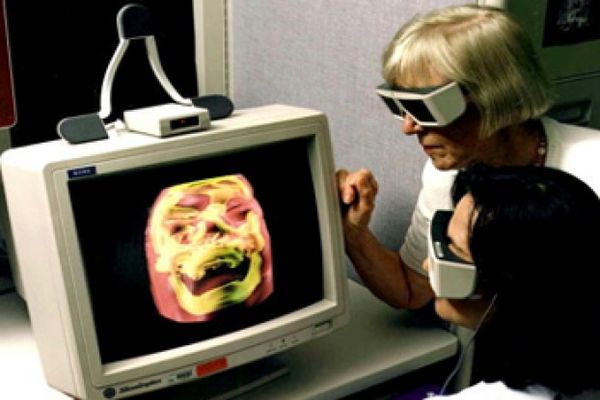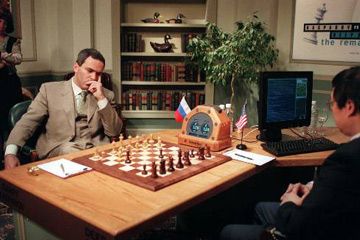Even if you look to science fiction, doctors haven't been entirely replaced by computers. If you remember "Star Trek: Voyager", a TV show set in the 24th century, holographic doctors are commonplace. But they're known as Emergency Medical Holograms because they're only intended to be used in the event of an emergency. As the series progresses, however, the EMH on the show (known only as The Doctor) has to become the full-time chief medical officer aboard the ship out of necessity, and he gets the job done just fine. He even becomes a full-fledged character on the show.
In real life, we consult computers instead of doctors already, using the Internet to research symptoms and conditions before we even think about making an appointment. That's still not the same as trusting an actual person, though, and some people argue that computers can never replace doctors for that reason. Computers can't have long conversations with patients to tease out bits of information that may be helpful in forming a diagnosis, nor can they show empathy to make that patient feel comfortable. No, we don't go to the doctor to make friends, but it's not nice to feel like a number, either.
Advertisement
If you were to sum up the answer to this question in one word, it would be "depends." Will medicine as a profession be totally obsolete in the future? Probably not. Will computers replace doctors for some things? Probably so. The only thing that's certain is that medicine as we know it will change drastically in the future.
People who write and report on the topic disagree as to exactly what's going to happen, though. How do experts weigh in on the role of robots and computers in future medicine? More on that next.
Advertisement



